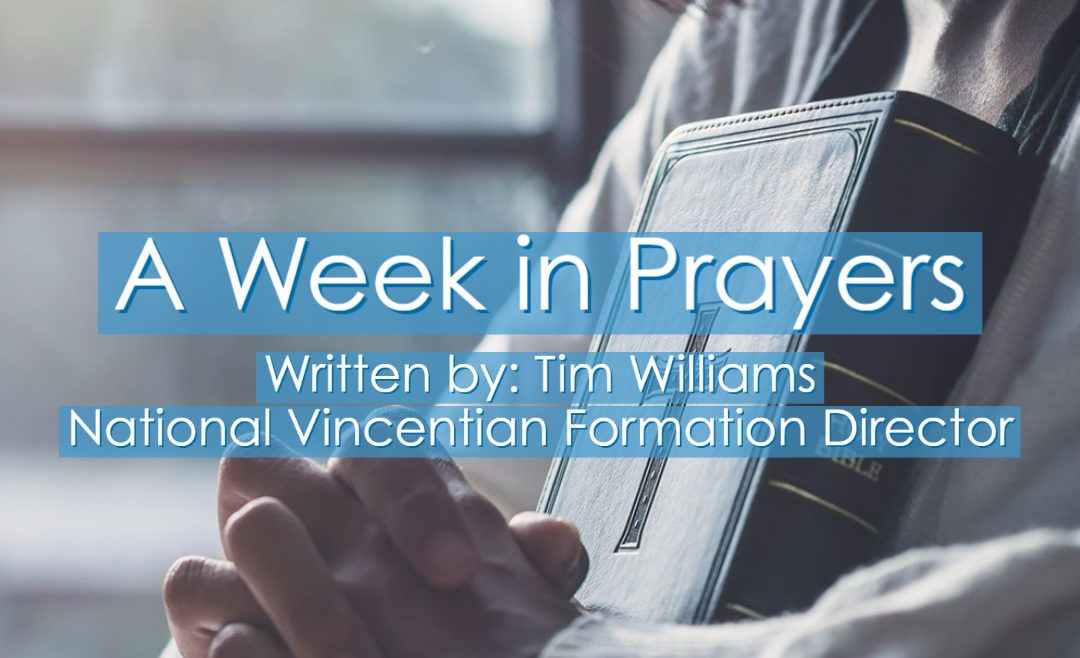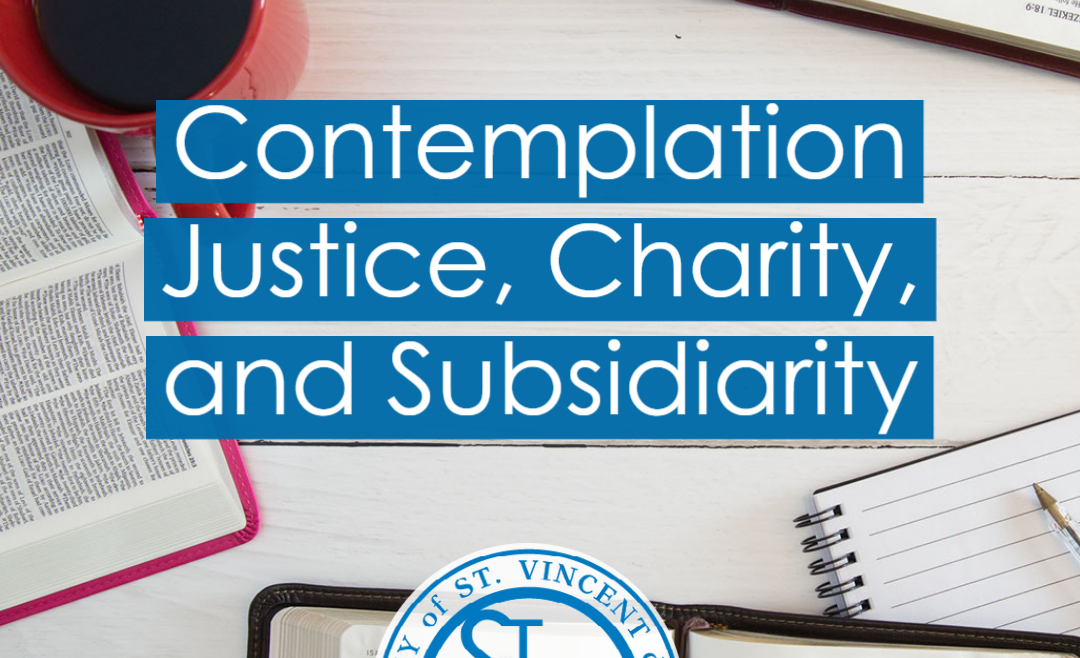One of the four permanent principles of our Catholic Social Doctrine is solidarity. [CSDC, 160] This word is often used in secular contexts to signify shared interests or goals within a group, for example among workers as in a labor union. It is also used to signify common interests between different groups, united on a particular interest or goal. For us as Catholics, this captures one sense of the term, but in a much narrower way than we are called to understand and live the principle of solidarity.
Our church’s social teaching begins with our foundational belief in the dignity of the human person, each us of made in God’s image, unique and unrepeatable. We are called by Jesus to pray to “Our Father” just as He does, uniting us as a human family; not symbolically, but truly as sisters and brothers, children of the one God.
And while our principle of solidarity, like the more commonly used phrase, does indeed refer to shared interests and goals, it is our interests and goals that distinguish solidarity in the Catholic view. Our common interest is our common origin as God’s precious creations, and our shared goal is our shared calling towards union with God in eternal life, and we share these interests with all people.
Our solidarity then, as Pope St. John Paul II explains, must be more than “a feeling of vague compassion or shallow distress at the misfortunes of so many people, both near and far”, and instead calls us to complete commitment to the good of all, and of each individual, “because we are all really responsible for all.” [Solicitudo Rei Socialis, 38] When any member of our family suffers, we suffer.
Solidarity calls us to truly love the neighbor, “even if an enemy, with the same love with which the Lord loves him or her.”[Ibid, 40] In this, as in all things, we have Christ’s example, as St. Vincent once explained: “‘Friend,’ He said to Judas, who handed Him over to His enemies. Oh, what a friend! He saw him coming a hundred paces away, then twenty paces; but even more, He had seen this traitor every day since his conception, and He goes to meet him with this gentle word, ‘Friend.’” [CCD XII:159]
Solidarity calls us to follow Christ’s example fully, to “be ready for sacrifice, even the ultimate one: to lay down one’s life for the brethren,” even if an enemy. [Solicitudo Rei Socialis, 38]
This is a call we are not likely to face with the neighbors we serve, but we are called, as Bl Frédéric once said, not to give our lives all at once, but in all of our actions, a little bit each day, to “smoke night and day like perfume on the altar.” [Letter 90, to Curnier, 1835] May our sacrifice be known by “this gentle word, Friend.”
Contemplate
Do I see my service in the Society as a willing sacrifice?






